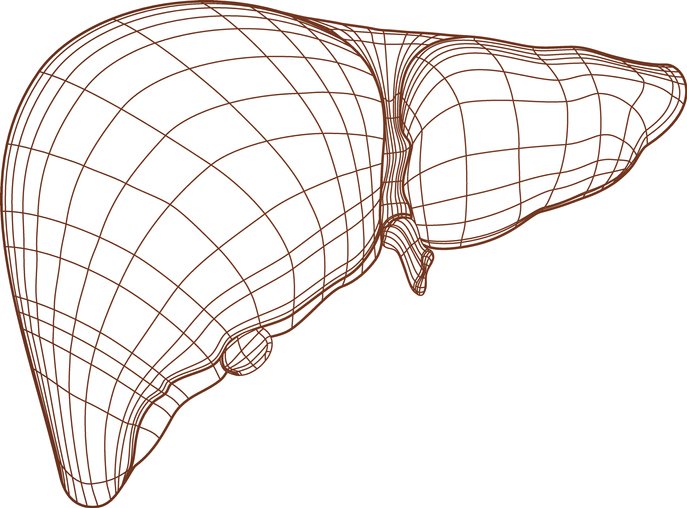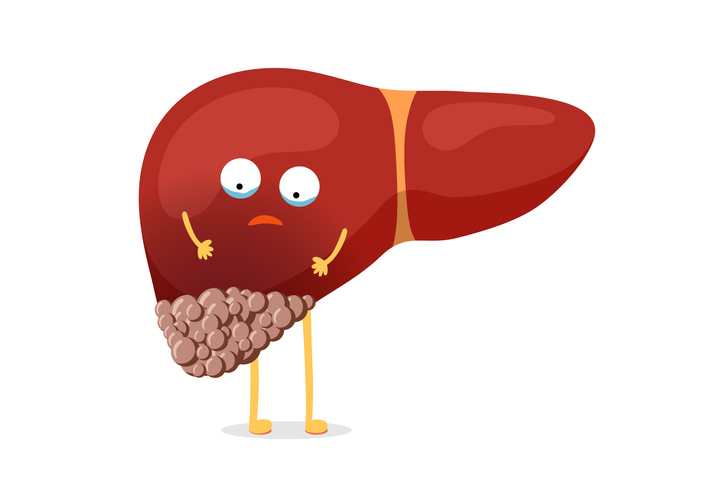Pain
What Is Hepatitis?

Hepatitis is an inflammatory condition of the liver. Inflammation of the liver can prevent it from functioning normally, affecting its ability to produce bile for digestion, filter toxins from the body, and break down carbohydrates, proteins, and fats.
There are several types of hepatitis. The most common types are hepatitis A, B, C, D, and E, autoimmune hepatitis, and toxic hepatitis. Hepatitis can be acute (short-term) or chronic (ongoing). Most individuals with hepatitis make a full recovery, but the condition can cause liver failure, liver cancer, or even death. Vaccines are available to help prevent hepatitis A and B.
What are the signs and symptoms of hepatitis?
The signs and symptoms of hepatitis include the following:
- Fatigue
- Fever, nausea, vomiting, or flu-like symptoms
- Abdominal pain, especially pain in the upper right quadrant beneath the ribs
- Dark urine
- Clay-colored stool
- Loss of appetite
- Joint pain
- Jaundice (yellowing of the skin or the whites of the eyes)
- Itching
- Unexplained weight loss
- Skin rashes or spider angiomas
- Loss of menstrual periods
These symptoms typically develop quickly in acute cases; however, symptoms of chronic hepatitis may not develop until liver function begins to decline, which may take years.
Types, causes, and risk factors
The cause of hepatitis depends on the specific type. Hepatitis is categorized into three main groups: autoimmune, viral and toxic. Most cases of hepatitis are viral.
Autoimmune hepatitis
Autoimmune hepatitis is caused by an autoimmune response in which the immune system mistakenly attacks healthy cells in the liver. The exact cause of autoimmune hepatitis is not known; however, the combination of genetic and environmental factors may trigger the condition.
Factors that increase the risk of developing autoimmune hepatitis include the following:
- Being female
- Family history of autoimmune hepatitis
- Having an existing autoimmune disorder, such as celiac disease, rheumatoid arthritis, or hyperthyroidism
- A history of certain infections, such as measles, herpes simplex, or Epstein-Barr virus
Viral hepatitis
Viral types of hepatitis include hepatitis A, B, C, D, and E.
- Hepatitis A is caused by the hepatitis A virus (HAV). It is transmitted through close personal contact with an infected person or by consuming food or water contaminated by feces of someone infected with HAV. Hepatitis A is almost always acute.
- Hepatitis B is caused by the hepatitis B virus (HBV). It is transmitted through bodily fluids, such as blood, vaginal secretions, and semen. Hepatitis B can be either acute or chronic — approximately 90% of cases contracted during infancy (usually from mother to baby during birth) become chronic; however, if HBV is contracted in adulthood, only 2%-6% of cases become chronic.
- Hepatitis C is caused by the hepatitis C virus (HCV). It is transmitted through contact with blood of an infected person (usually from sharing needles for drug use). Slightly more than half of hepatitis C cases become chronic.
- Hepatitis D is caused by the hepatitis D virus (HDV). It is transmitted through direct contact with infected blood or other bodily fluids. Hepatitis D only occurs in people with hepatitis B (The viruses can be contracted at the same time, or hepatitis D can be contracted after hepatitis B infection). It can be either acute or chronic. Although there is not a vaccine for hepatitis D, the vaccine for hepatitis B can help prevent hepatitis D infection.
- Hepatitis E is caused by the hepatitis E virus (HEV). It is usually transmitted by consuming water contaminated by feces of someone with HEV. It is rare in developed countries, and the vast majority of cases are acute.
Factors that increase the risk of contracting viral hepatitis vary depending on the specific type. Risk factors include, but are not limited to, the following:
- Having unprotected sex
- Sharing needles for drug use
- Traveling to areas with poor sanitation
- Working in a hospital or nursing home
Toxic hepatitis
Toxic hepatitis is caused by excessive alcohol consumption, prescription or over-the-counter medication, herbs or supplements, or exposure to other toxins.
Factors that increase the risk of developing toxic hepatitis include the following:
- Having liver disease
- Having hepatitis B or hepatitis C
- Drinking alcohol
- Aging
- Being female
- Having a genetic condition that affects the production and action of liver enzymes
- Taking medications that carry a risk of liver damage
- Working with industrial toxins



















